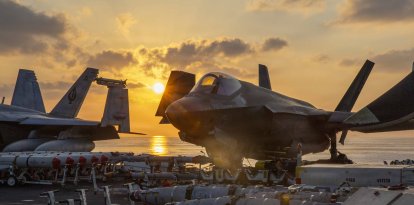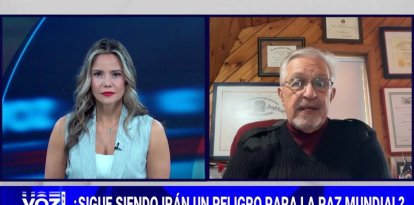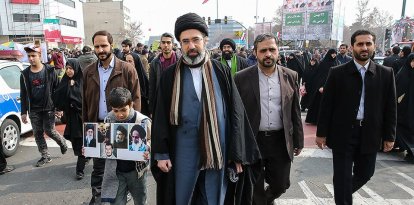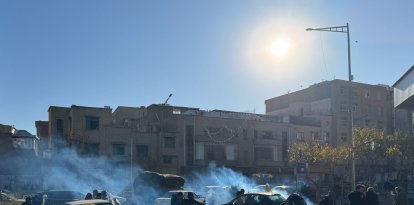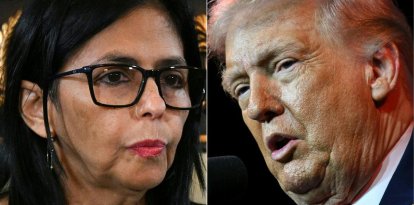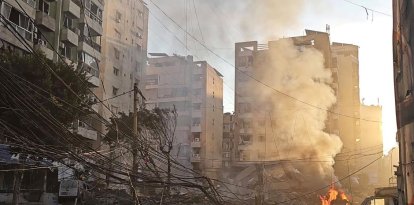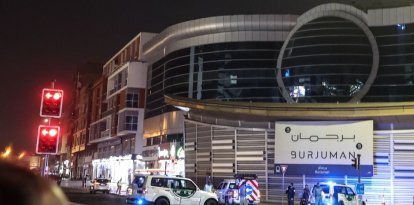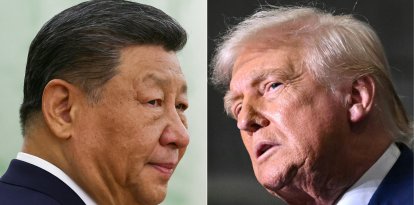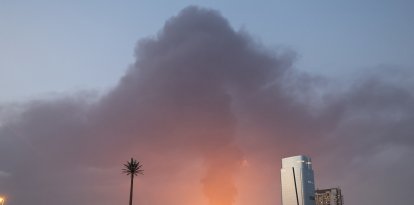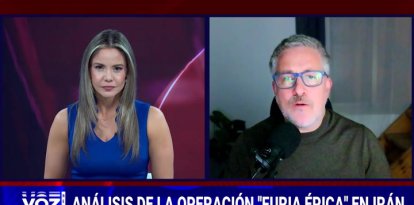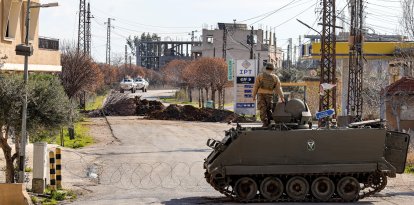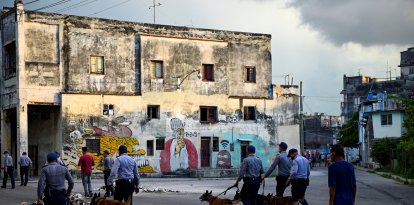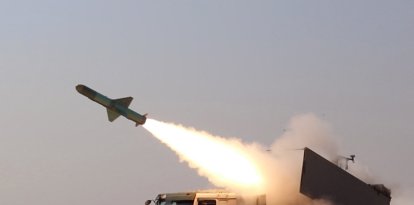Court of Arbitration for Sport upholds Russian Olympic Committee's suspension for the 2024 Olympic Games in Paris
The ruling allows Russian athletes to participate if they enter individually, not as representatives of their respective countries.

(Cordon Press)
Two years after Russia invaded Ukraine, Moscow has suffered another defeat off the battlefield: Neither Russia nor the four annexed regions will be allowed to participate in the Paris 2024 Olympic Games.
Last October, the International Olympic Committee (IOC) banned the Russian Olympic Committee (ROC) from competing in the Paris Olympics because Russia decided to include the following regional Olympic councils for Russian-occupied regions of Ukraine - Donetsk, Kherson, Luhansk and Zaporizhzhia. Russia appealed. This Friday, the Court of Arbitration for Sport confirmed that the Russian flag will not be allowed to fly at the 2024 Paris Olympics.
When suspending the ROC, the International Olympic Committee decided to allow athletes with Russian or Belarusian passports - a country allied with Russia - to compete as "neutral athletes." In other words, they will be able to compete individually, not as representatives of their respective countries. They will not be able to wear their countries' colors and their national anthems will not be played.
Under the conditions previously imposed by the IOC, only athletes who have not openly supported the war and who have no links to the national security agencies of their countries, among others, will be allowed to participate. No authorities from Russia or Belarus will be invited.
Russia has 30 days to appeal to the Swiss Supreme Court. Both the IOC and the National Olympic Committee of Ukraine welcomed the ruling. The latter, however, said in a statement that the ban is a cosmetic decision that allows Russian athletes to continue participating. Its president, Vadym Gutzeit, described it as an "image" victory.
"This is an absolutely vile affair portraying the prevailing sentiments in the International Olympic Committee [IOC] and other international sports structures," Dmitry Medvedev, deputy chairman of the Russian Security Council, told the official TASS news agency. Medvedev stated that there was anti-Russian persecution even before the start of the war and assured that global sports "is in crisis."
"You want to slam the door and say, ‘Well, live by your own rules’, and try coming up with something new on your own. But it’s hard."













